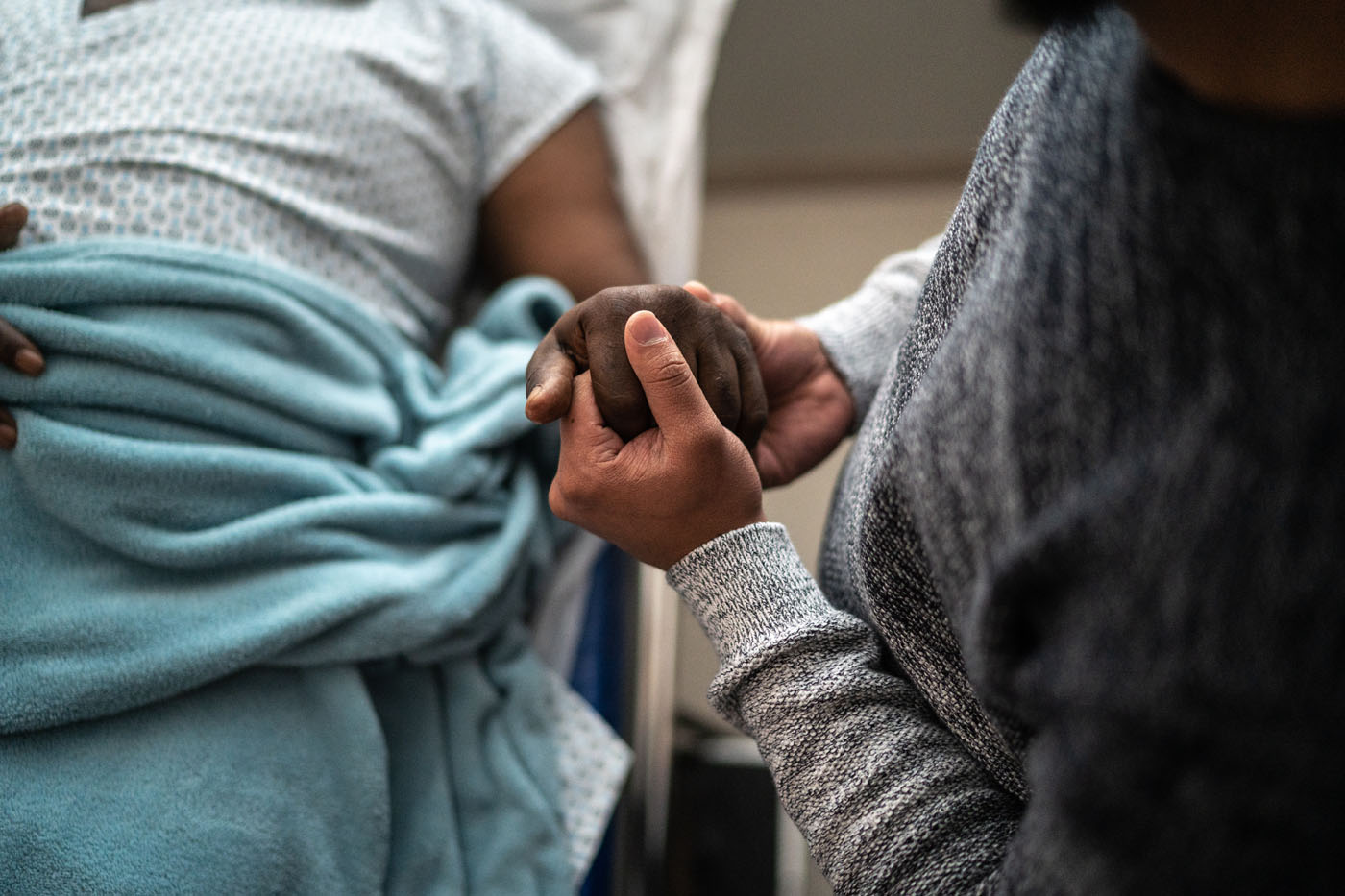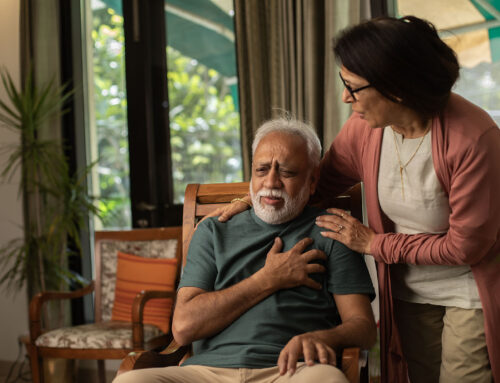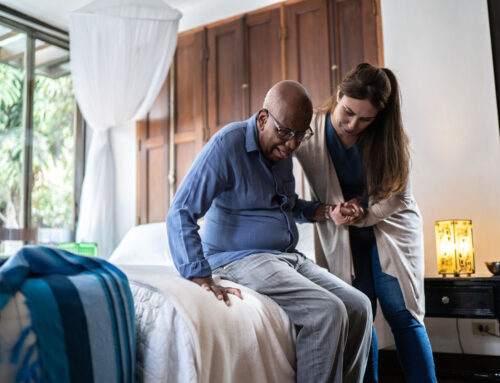Family members often feel like they’re giving up on their loved one by considering hospice care. But hospice is not about giving up. It is about living the way you want and focusing on comfort and quality of life when a cure isn’t likely. Hospice often becomes a choice when you or a loved one are seeking relief from frequent emergency room visits or are physically or emotionally tired of challenging treatments that have no positive impact on life expectancy or quality. Hospice makes sense when your focus turns from seeking a cure to seeking quality of days for the time that remains. It is important to realize hospice is not just for the last days of life. In fact, hospice works best when chosen early, allowing you and your family to benefit from the extra layer of care that hospice brings.
So how do you know when it’s time for hospice? Here are some examples of when you or a loved one may possibly benefit from our care.
1- Are you calling your loved one’s physician more often?
2- Has your loved one been to the ER more than once lately?
3- I just want more good days than bad days
4- Does your loved one seem more stressed, anxious or depressed?
5- Are they sleeping more?
6- Are they spending more time in their favorite chair?
7- Have you noticed that they are losing weight?
8- Are their symptoms becoming more difficult to control?
9- Are you, as their caregiver, feeling more overwhelmed?
10- Has their doctor advised you that they have less than a year to live?
11- Does their doctor believe that there are no effective treatments available?
People may fear hospice care for many reasons. To arrange the most appropriate care for a loved one, we must overcome our fears. When we hear that there is really nothing that the doctor can do, remember, that is offered from a curative perspective. We can do what is best for our loved one by providing comfort and alleviating fear when no further treatments are available. This is a time to show them the strength and courage behind our love.
Many of our fears stem from:
1- Misunderstanding: Some people may associate it solely with end-of-life care and believe that entering hospice means giving up hope. However, hospice care focuses on improving the quality of life for those with serious illnesses and provides support for both your loved one and the family. Those receiving hospice care typically live longer than those that do not.
2- Loss of Control: Choosing hospice care may feel like relinquishing control but it is, in fact, a way to gain control over the care and enables choices that could prevent unnecessary suffering.
3- Emotional Impact: It’s difficult for both patients and families. It’s a hard talk. It takes courage to truly advocate for your loved one. Take the opportunity to be a true protector. Say the things that we would be sorry we didn’t say later.
4- Uncertainty: There may be uncertainty about what to expect in hospice care. Hospice care provides symptom management, and practical and emotional care for both the patient and the family.
After considering when Is It Time For Hospice, it’s important for us to address our fears and misconceptions through education and open communication with healthcare professionals. Hospice care, when approached with understanding and support, can provide comfort, dignity, and quality of life for those of us with serious illnesses and our families. Contact Roze Room to learn more or to find the answers to your questions. A kind and compassionate voice will help you learn about eligibility and assessments.





